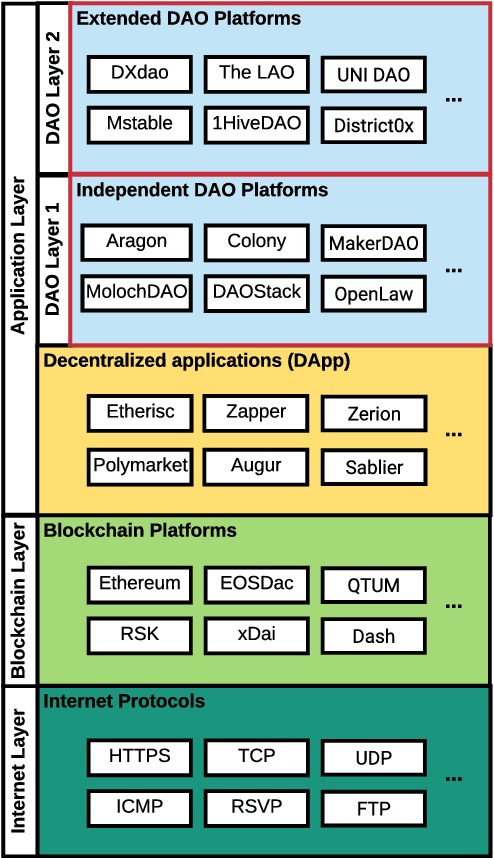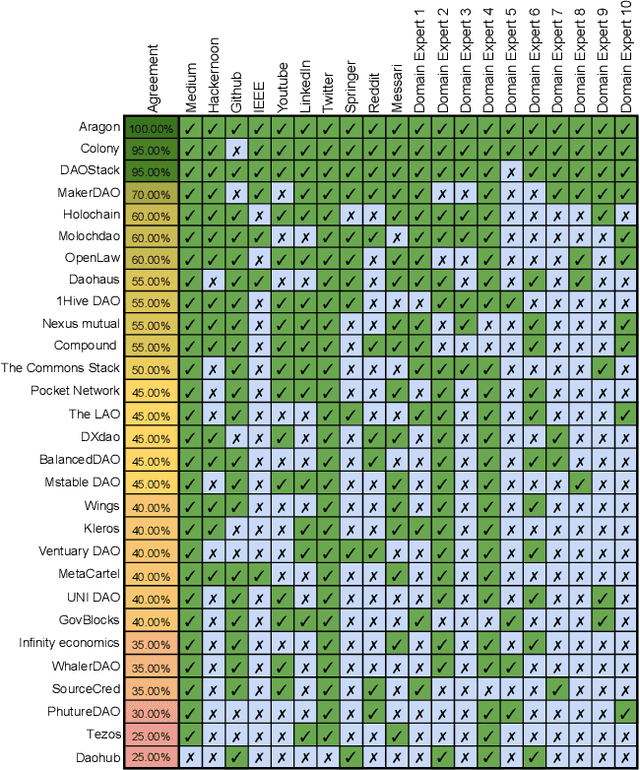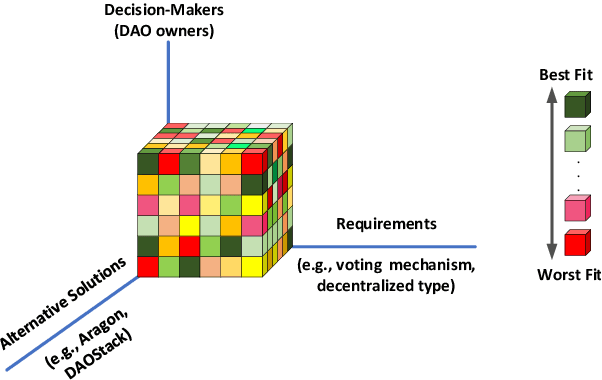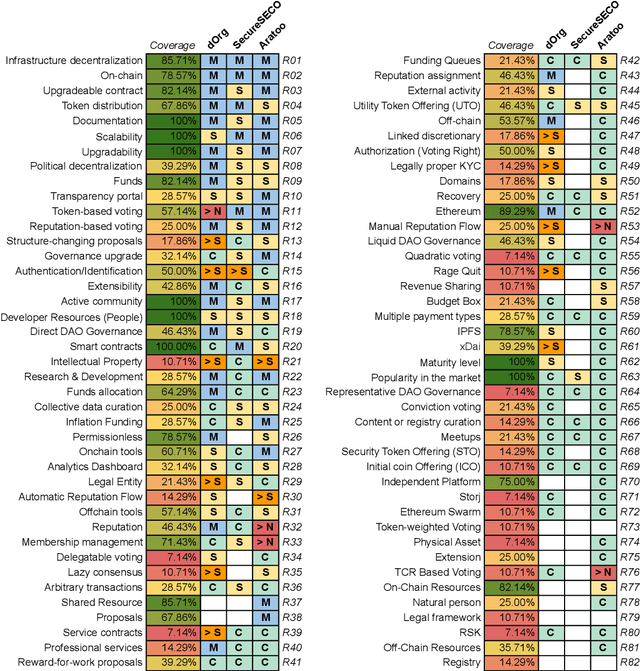Slinger Jansen
Department of Information and Computer Science at Utrecht University, Utrecht, the Netherlands
Understanding User Intent Modeling for Conversational Recommender Systems: A Systematic Literature Review
Aug 05, 2023Abstract:Context: User intent modeling is a crucial process in Natural Language Processing that aims to identify the underlying purpose behind a user's request, enabling personalized responses. With a vast array of approaches introduced in the literature (over 13,000 papers in the last decade), understanding the related concepts and commonly used models in AI-based systems is essential. Method: We conducted a systematic literature review to gather data on models typically employed in designing conversational recommender systems. From the collected data, we developed a decision model to assist researchers in selecting the most suitable models for their systems. Additionally, we performed two case studies to evaluate the effectiveness of our proposed decision model. Results: Our study analyzed 59 distinct models and identified 74 commonly used features. We provided insights into potential model combinations, trends in model selection, quality concerns, evaluation measures, and frequently used datasets for training and evaluating these models. Contribution: Our study contributes practical insights and a comprehensive understanding of user intent modeling, empowering the development of more effective and personalized conversational recommender systems. With the Conversational Recommender System, researchers can perform a more systematic and efficient assessment of fitting intent modeling frameworks.
A Decision Model for Decentralized Autonomous Organization Platform Selection: Three Industry Case Studies
Jul 07, 2021



Abstract:Decentralized autonomous organizations as a new form of online governance arecollections of smart contracts deployed on a blockchain platform that intercede groupsof people. A growing number of Decentralized Autonomous Organization Platforms,such as Aragon and Colony, have been introduced in the market to facilitate thedevelopment process of such organizations. Selecting the best fitting platform ischallenging for the organizations, as a significant number of decision criteria, such aspopularity, developer availability, governance issues, and consistent documentation ofsuch platforms, should be considered. Additionally, decision-makers at theorganizations are not experts in every domain, so they must continuously acquirevolatile knowledge regarding such platforms and keep themselves updated.Accordingly, a decision model is required to analyze the decision criteria usingsystematic identification and evaluation of potential alternative solutions for adevelopment project. We have developed a theoretical framework to assist softwareengineers with a set of Multi-Criteria Decision-Making problems in software production.This study presents a decision model as a Multi-Criteria Decision-Making problem forthe decentralized autonomous organization platform selection problem. Weconducted three industry case studies in the context of three decentralizedautonomous organizations to evaluate the effectiveness and efficiency of the decisionmodel in assisting decision-makers.
 Add to Chrome
Add to Chrome Add to Firefox
Add to Firefox Add to Edge
Add to Edge